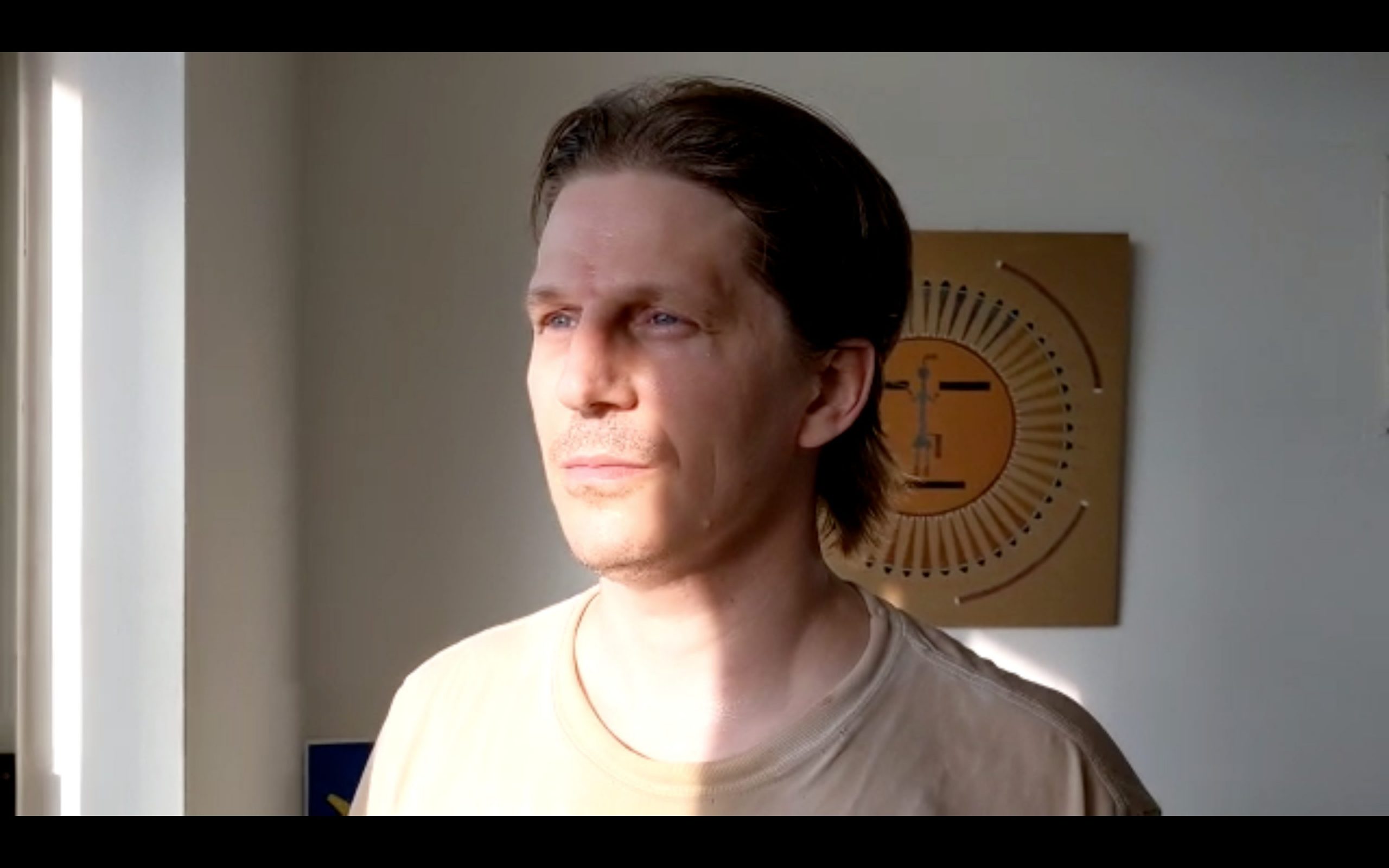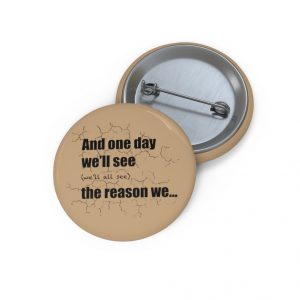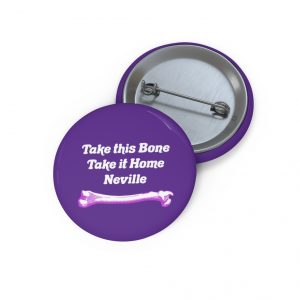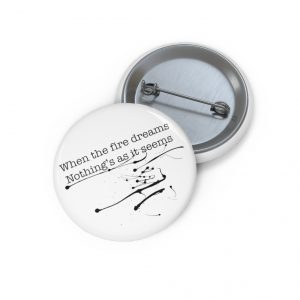Men Too, Hurt

First of all, I do not purport to know everything about abuse, whether physical, psychological, emotional, or sexual. I can only write and speak from my experience of which I will share with you here.
My first abuser in life was my father. He emotionally abused and intimidated us boys and our mother all the time. He also physically abused us to one degree or another. We were all afraid of him whenever he was present in the room. One misstep and he would explode. I dove into classical music as my means of escape from this sad reality at home.
My second abuser(s) were bullies at school, from Grade 5 – 9. I exited the public school and homeschooled for Grade 10 and 11 due to the increasing severity of the situation. The ensuing depression and loneliness of these years scarred me for many years to come.
My third abuser was my cello professor, with whom I moved to another province to study (in 1994). I was 18; he was 44. Two weeks after I began studying with him, I was over at his house having a troublesome lesson. I felt very discouraged as my dream was to study in Germany (where there was free tuition for all) in just one year. He told me I had to go back to basics — to learn to play the cello all over again.
The professor tried to cheer me up that night by cooking me a gourmet meal. I could have as much wine as I desired, and he smoked a spliff with me to the top of the dessert.
I then had a raging headache from the arduous cello practice and lesson in the hours before. My professor offered me another massage but insisted that “this time it be in the nude.” I told him I wanted at least a towel to cover my butt. He responded, “if you insist.”
During the massage, I hallucinated naked women, realizing that if I gave my professor something he wanted (my body), he would devote his time to ensuring my dream to study in Germany would become a reality.
After the massage, it was 2 AM, and the professor offered to drive me home to my dorm. I tugged at his hand and said, “couldn’t I just stay here?” He responded, “okay, I will make up the bed in the spare room.” I leaned in and looked into his eyes and said, “can’t I just sleep in your bed?” He responded, “do you know what you’re asking?” I nodded my head, and he led me up to his bedroom and gave me a blow job.
And, thus, began the next two years of increasing guilt, shame, terror, psychological and sexual trauma as I ‘studied’ with this man.
I did finally make it to Germany, but two weeks after I began studying in a Musik Hochschule there in October 1996, I was told by my mother (after finally confessing the sexual nature of my relationship with the professor to her) that I should get tested for HIV. I immediately called the professor and asked if he had HIV. He said he did, and when I asked him why the professor did not disclose his status to me, he replied, “you never asked.”
I then tested positive, and my life with HIV began.
In 1997, back in Vancouver, my mom and I reached out to the RCMP to report the professor, but they said they couldn’t do anything legally, as there was no precedent set. (Later that year, Canada would enact some of the most draconian HIV criminalization laws in the world.) We also notified the college that the professor taught from, but all they did was make him take a brief leave of absence.
There was no societal support for my situation other than my mother’s and a few friends’ love; our church and HIV youth groups focused on LGBTQ. I identified as heterosexual back then.
Also, HIV was still a death sentence at that time — the medical establishment did not know how effective the new protease inhibitors (that came out for public use in 1996) would be. All my doctor could assure me was that if I took the ARVs properly, I would live at least ten more years.
However, dying young wasn’t what scared me the most — never finding love or having sexual intimacy, a girlfriend again — frightened the shit out of me. What HIV-negative woman would ever want to have sex with me? I might give her the virus. And, if she wanted to get married and have kids… well, hell no! I was damaged goods. I was, in effect, castrated and emasculated at the sexual prime of my life.
So, how did all the above change how I viewed and navigated our hegemonic, patriarchal, and heteronormative, mainstream world from then on?
Through music and art, of course. In my late twenties, I started to join bands, moved out on my own, and became socially and politically aware of the gross inequities and abuses of power in our world. I was certainly not alone. I realized that disenfranchised and stigmatized people like me, though, if not for similar or different reasons, were in the majority in our tragic world.
Putting the power of my story of how I acquired HIV to songs that I wrote became my catharsis and hope for the future. In 2005, I produced a multi-media rock opera stage production in Vancouver. Over the next few years, I attempted to make it into its intended cinematic form. However, due to the unabashed challenging subjects that my music and story address, as well as my ignorance of the film industry and low income, I was bound to fail at that time.
In 2009, I nearly died from AIDS because I did not believe HIV caused AIDS and wasn’t taking ARVs or seeing a doctor for ten years. (I didn’t trust authority for obvious reasons.) I came out of the hospital after six months relatively healthy except for lower spinal cord damage which remains until this day.
If it were not for the support and love from my mom, I wouldn’t be here.
I am now married to a beautiful HIV-negative lady, and we have a 17-month-year-old healthy boy. My cinematic rock opera is also soon to take off…
So, what do I think of our world at age 45? It is messed up, BOTH men and women, rich and poor, regardless of race, sexual orientation, or whatever. Hurt people hurt people. And we will never truly heal ourselves and our world until we start talking about our pain and let go of the stigma surrounding abuse. Two wrongs don’t make a right.
One final thing. Please take care and be honest with yourself. “Go there” to that place where the light doesn’t usually shine and speak to trusted others about your pain. Airing it out, like an open wound, allows that wound to eventually heal.
– T
Donate
Donate for helping ends AIDS
Our Products
-
 "WHEN THE FIRE DREAMS" Mug
$11.81
"WHEN THE FIRE DREAMS" Mug
$11.81
-
 "DESERT MOON" Button
$5.85
"DESERT MOON" Button
$5.85
-
 "NEVILLE" Button
$5.85
"NEVILLE" Button
$5.85
-
 "WHEN THE FIRE DREAMS" Button
$5.85
"WHEN THE FIRE DREAMS" Button
$5.85
-
 SOUTHERN TIME BAND Unisex Heavy Blend™ Hooded Sweatshirt
$35.96 – $42.61
SOUTHERN TIME BAND Unisex Heavy Blend™ Hooded Sweatshirt
$35.96 – $42.61
-
-
Recent Posts
